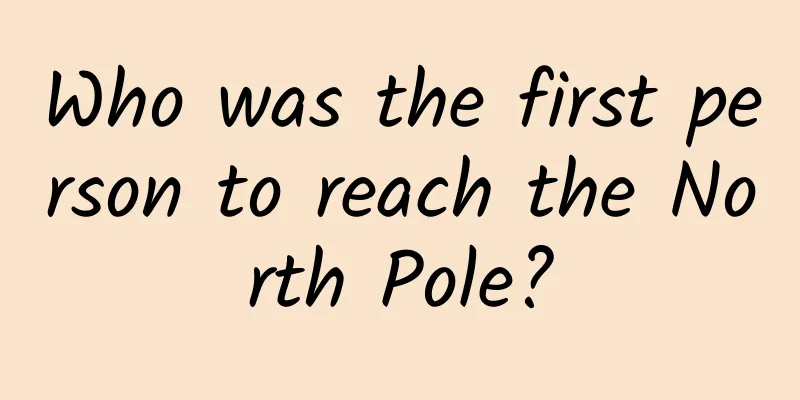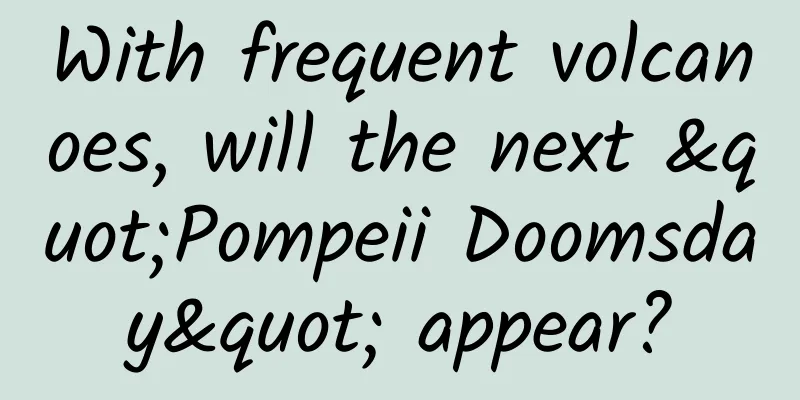Who was the first person to reach the North Pole?

|
Many people are familiar with the story of Antarctic exploration: Amundsen and Scott were competing to reach the South Pole first, but Amundsen arrived first and Scott not only failed to win first place, but also died on the way back. But the story of the Arctic is much more complicated. In fact, to this day, we still don't know who was the first person to reach the North Pole. This is a bit strange. How could they not know such an important thing? In short, there were two explorers who both claimed to have reached the North Pole. The two sides argued for a long time, but neither of them could produce enough evidence to prove that they had really reached it. The two men, one named Frederick Cook and the other named Robert Peary, knew each other and were good friends. Unfortunately, although both of them loved adventure and dreamed of reaching the North Pole, they had completely different views on how to explore. So later, the two men started to organize their own expeditions and set off to the North Pole separately. In 1907, Cook's expedition left the United States and arrived in Greenland, where they set up a camp. The following spring, he set out with a team of 10 people and 103 sled dogs to try a route that no one had ever tried before. But they encountered a serious problem: it was difficult to find where the North Pole was. Why is the North Pole so difficult to find? Because unlike the South Pole, the North Pole has no continents, only oceans and ice on top, and ice can drift. Cook could only try to observe with his own instruments, but the climate in the Arctic was too harsh and the accuracy of the observation data was limited. They stayed at the North Pole for two days and made many observations, but finally had to evacuate. When Cook finally returned to civilization, a year had passed. Cook discovered that everyone thought he was dead, and that Perry had led another expedition to the North Pole and was about to return. So the two began to argue about who had really reached the North Pole. Because the ice at the North Pole will drift, no matter you plant a flag, leave a stone or set up a tent, it will drift away with the ice, and there is no way to leave a permanent mark, so there is actually no way to absolutely reliably prove that a team has really reached the North Pole. You can only infer it by looking at their records. But the environment in the Arctic is too bad, and the instrument measurement records are not very reliable. In fact, Perry's records are even less reliable than Cook's. He only made one observation at the North Pole. However, Perry was older, more famous, and had many acquaintances in the exploration community, so people at the time generally believed that Cook did not reach the North Pole, but Perry did. Therefore, later textbooks all said that Robert Perry was the first person to reach the North Pole. Many years after Perry's death, an investigation team reviewed all the records he left and concluded that there was no evidence that Perry had reached the North Pole. Therefore, who was the first person to reach the North Pole has become an unsolved mystery and may never be known. But in any case, both expeditions went deep into the core area of the Arctic. Even if they did not actually step on the North Pole, they were very close to their goal. In this sense, you can also say that Cook and Perry were both successful Arctic explorers. |
<<: Understand at a glance: Should we get the “fourth shot” of the new coronavirus vaccine?
Recommend
What is the algorithm of Tik Tok’s recommendation mechanism?
The reason why Tik Tok is so popular is definitel...
Do barnacles and lice make whales itchy? How do whales scratch themselves?
Let’s talk about the second form first. Scratchin...
Where can I watch the full replay of the Shenzhou 13 return live broadcast? Introduction to attachment land points!
At 9:56 am Beijing time on April 16, 2022, the ret...
Tips for creating high-conversion landing pages!
After users click on the creative and enter the p...
It is just wishful thinking that domestic mobile phones can compete with Apple and Samsung
In the past 2014, in the smartphone industry, the...
Gaming on smartwatches: Break through or stop
Editor's note: I always think that making gam...
What is the daily work of an information flow optimizer and what is the job content of an information flow advertising optimizer?
The job of an advertising optimizer is mainly to ...
Making Android system process killing smarter can be achieved without root
If you are an Android enthusiast, you may remembe...
Latest! China map, this is the standard one!
Recently, the Ministry of Natural Resources issue...
After eating 7 crabs, the guy "showed himself" to the ICU! Experts teach you how to eat crabs healthily →
October is a good time to eat crabs but Crabs are...
A new wave of cold air is coming! Are you ready to keep warm?
Once it gets cold Everyone tried every possible w...
Aspartame's "possible carcinogenicity" controversy continues, why do we have such a special liking for sweetness?
On July 14, 2023, the assessment report on the he...
A thousand days of rescue! Who is the owner of Wuwangdun Tomb No. 1?
A 1.92-meter-high drum stand with a phoenix-shape...
What's in a bird's nest? Much more than twigs and straw...
What are bird nests usually made of? Twigs and st...
Competitive analysis of Keep, Hot Fitness, and FitTime (yellow)
In 2016, the State Council issued a national fitn...









